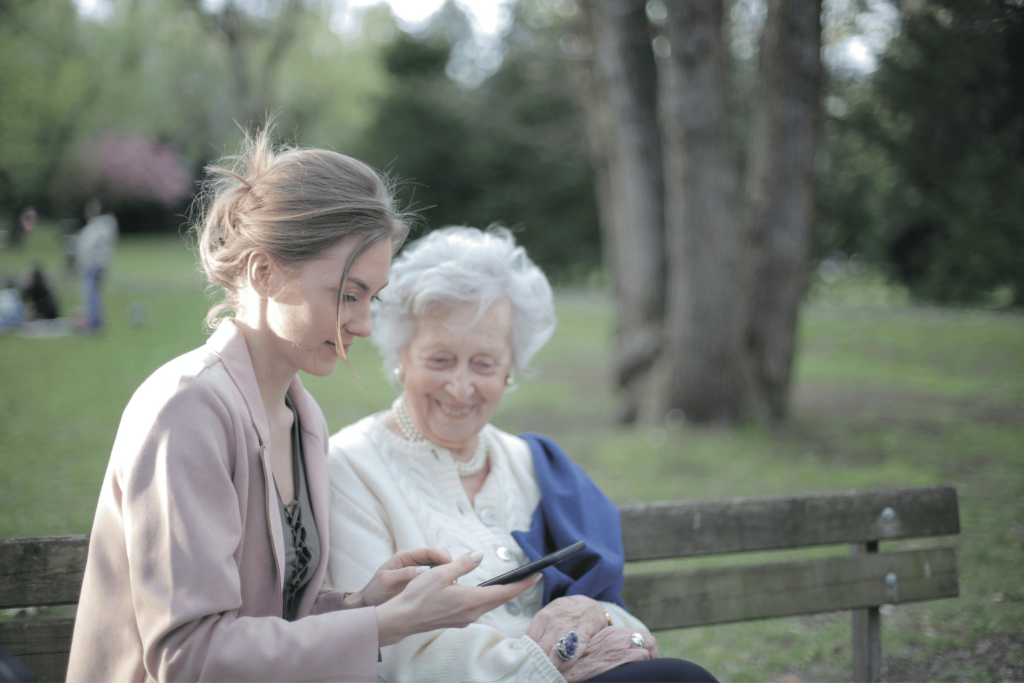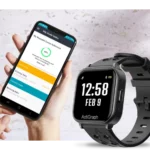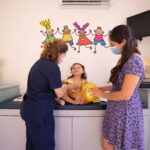Caregivers represent a critical yet highly heterogeneous population within clinical trials. Their level of involvement ranges from providing general emotional support to assuming extensive operational responsibilities, including coordinating visit logistics, accompanying participants during assessments, and routinely completing Observer‑Reported Outcomes (ObsROs). Because these activities can directly influence both participant experience and data integrity, enabling caregivers to fulfill their role efficiently is essential.
Given the distinct nature of caregiver contributions, study teams must ensure that ObsRO completion is operationally feasible, scientifically robust, and aligned with the practical needs of families.
Discover four evidence-informed recommendations below for effectively implementing caregiver engagement in clinical trials using eCOA solutions.
1- Facilitate ObsRO completion through flexible, multimodal data capture options
Providing caregivers with access to multiple eCOA modalities increases the likelihood of complete, timely, and accurate data capture. Offering ObsRO completion on any device type (provisioned hardware, personal smartphones (BYOD), web platforms, or via interviewer‑administered methods) enables adaptation to varying caregiver capabilities, preferences, and contextual constraints.
Key considerations include:
- Device flexibility to enhance usability and reduces barriers to participation.
- Web‑based interfaces to offer ergonomic advantages for caregivers who may find handheld devices suboptimal due to physical limitations or task complexity.
- Offline‑enabled provisioned devices to ensure data continuity regardless of connectivity limitations.
- Cross‑mode compatibility between patient and caregiver devices to support personalized participation. For example, a pediatric participant may complete assessments on a tablet, while the caregiver prefers using a personal smartphone.
In high‑burden studies, such flexibility directly contributes to improved participant experience and higher eCOA completion rates.
2- Reduce family burden by enabling shared device use
Clinical trials can impose significant logistical and cognitive burden on families, particularly when managing multiple study materials or devices. The Kayentis eCOA platform enables secure multi‑user operation on a single device, thereby simplifying study participation.
Practical implications include:
- Patients and caregivers can sequentially complete their respective questionnaires using individual credentials on the same device.
- Multiple caregivers (e.g., parents or distributed caregiving networks) may share device access while maintaining role‑specific authentication.
- Alternatively, families who prefer separate devices can utilize multiple units, with all data harmonized and traceable within the audit trail.
This approach reduces the operational load on families while preserving data traceability and regulatory compliance.
3- Preserve data quality through intelligent workflow logic
High‑quality ObsRO data requires precise routing to ensure that the appropriate respondent completes each instrument. Advanced programming and branching logic enable automatic assignment of questionnaires based on participant status and study‑specific conditions.
Examples include:
- Age‑dependent routing: A child who meets age criteria for self-report completes their PRO, after which the caregiver session is automatically initiated.
- Health‑status‑dependent routing: When site staff document that an adult participant is temporarily unable to self-complete due to illness, ObsRO mode is activated and the proxy version of the instrument is delivered to the caregiver.
Such mechanisms ensure that data are captured according to the protocol’s methodological framework, supporting reliability, validity, and regulatory acceptability.
4- Strengthen engagement through targeted participant training
Effective training is essential to empower caregivers and patients to complete eCOA tasks correctly and consistently. The Kayentis Media Player (KMP) supports the delivery of study‑specific training materials in multiple formats (PDF, video) and in participants’ preferred languages.
Key advantages:
- Age‑appropriate and role‑specific content improves comprehension and task adherence.
- Multilingual availability supports multicultural households and enhances accessibility.
- Consistent, centralized training delivery reduces variability in understanding and supports long‑term compliance.
This approach ensures that caregivers understand the scientific value of their contributions and remain engaged throughout the study.
Caregivers are essential contributors to clinical trial success, particularly in studies involving pediatric populations or participants with reduced autonomy. Their responsibilities can be substantial, and their engagement directly influences participant retention, data completeness, and overall study quality.
The Kayentis Clin’form solution supports caregivers through flexible, user‑centric eCOA modality options; secure multi‑user device configurations; automated, logic‑driven routing to protect data validity and comprehensive, multilingual and multi format training resources.
By integrating caregiver needs into clinical trial design and technology implementation, sponsors and CROs can create more inclusive, efficient, and scientifically robust trial environments. Ultimately, thoughtful support for caregivers enhances both participant experience and the quality of clinical research data.













